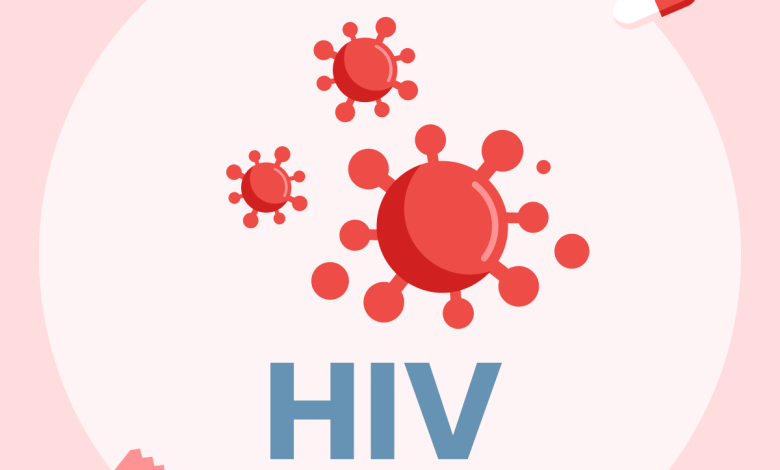More women contract HIV in Volta Region

More women contract HIV in Volta Region.
Out of the 16,016 people living with HIV (PLHIV) in the Volta Region, 65.52 per cent are women, while young people (15–24), accounted for 27.5 per cent of new infections last year.
The figure includes 230 adult males, 468 adult females, 214 young people, and 80 children in the 0–14 age group.
The Technical Coordinator of the Ghana AIDS Commission (GAC) Technical Support Unit in the Volta Region, Mary Naa Asheley Anyomi, who disclosed this at the 2024 second quarter coordination meeting of the Commission in Ho last Thursday, said 57.1 per cent of PLHIV in the region were receiving antiretroviral treatment (ART).
Distribution
Mrs Anyomi said Central Tongu and North Tongu districts, and Ketu North and Ketu South municipalities contributed 42.03 per cent of the total number of infections.
Also, nine areas, including Kpando, Ho, Ketu North, South Dayi, Central Tongu, North Dayi, Keta, Ho West and North Tongu had prevalence higher that the regional rate of 1.35 per cent, she added.
The technical coordinator said nine out of the 18 districts and municipalities had less than 49 per cent of ART coverage, while the target was 95 per cent.
“In addition, only three districts had the highest ART coverage of more than 70 per cent, but less than 80 per cent,” she said.
Touching on the way forward, Mrs Anyomi said there was the need to continue utilising the mass media, including community information centres, to disseminate accurate information on HIV prevention, transmission and treatment.
She said it was also important to make use of health clubs at basic, senior high and tertiary institutions for that purpose.
Advice
The Volta Regional Minister, Dr Archibald Yao Letsa, advised members of the public to eschew reckless sexual conducts, saying HIV was real.
He entreated all and sundry to avoid binge drinking and narcotics abuse which could make them lose their guard and indulge in indiscriminate and unsafe sex.
The Minister said it was everyone’s responsibility to stand firm and help address the HIV situation by living responsible lifestyles.



